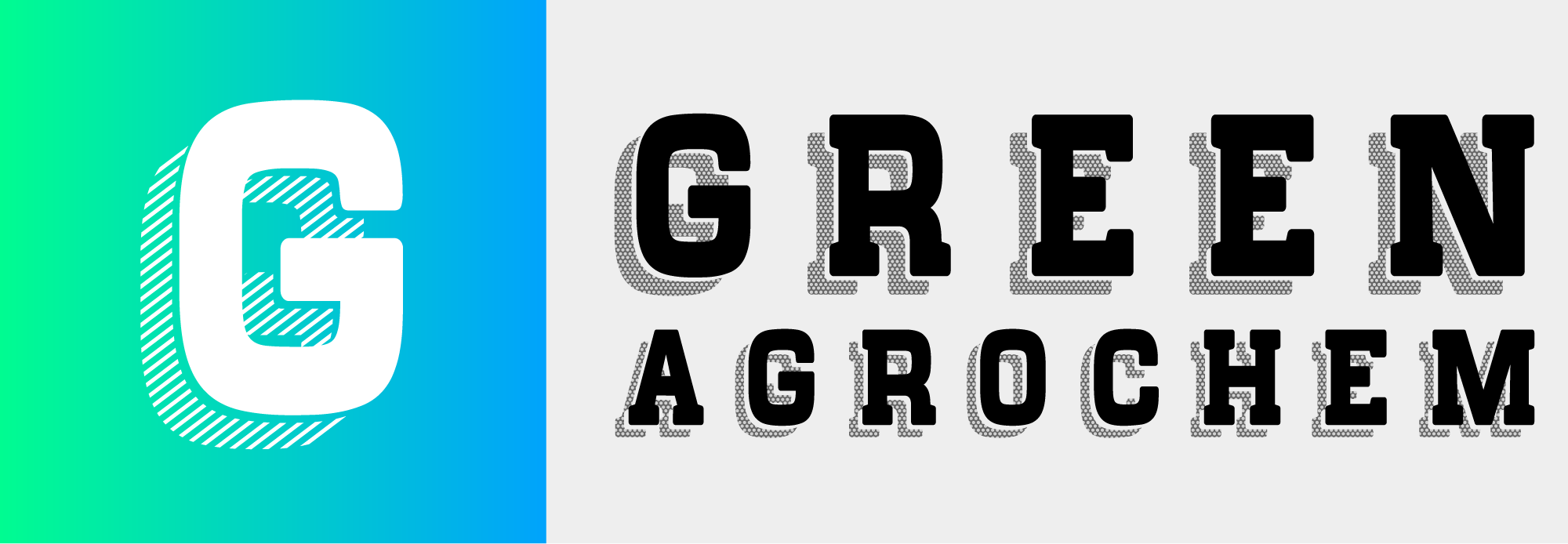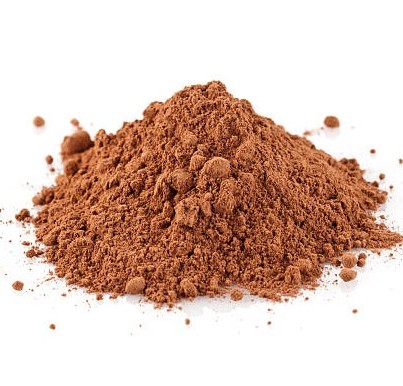How to Find and Work with Sodium Naphthalene Formaldehyde Manufacturers
Sodium naphthalene formaldehyde (SNF), also known as sodium naphthalene sulfonate formaldehyde, is a widely used chemical, primarily as a superplasticizer in concrete to enhance workability, strength, and durability, and as a dispersant in industries like textiles, dyes, and leather. To source SNF from manufacturers, follow these detailed steps:
- Understand Your Requirements:
- Application: Determine the specific use for SNF. For construction, you may need SNF as a water-reducing agent for concrete (e.g., high-strength, precast, or mass concrete applications). For other industries, such as textiles or dyes, you may require SNF as a dispersant.
- Form and Grade: SNF is available in powder (light brown or dark brown) or liquid form. Powder is common for industrial applications, while liquid may be preferred for specific formulations. Check if you need low sodium sulfate content (e.g., ≤9% for better performance in cold climates) or specific purity levels.
- Quantity: Decide whether you need bulk (e.g., tons for construction projects) or smaller quantities (e.g., kilograms for research or small-scale production). Bulk orders often have lower unit prices.
- Standards: Ensure the SNF meets industry standards, such as ASTM C 494 Type F for concrete admixtures or ISO certifications for quality.
- Search for Manufacturers:
- B2B Chemical Marketplaces: Use online platforms that connect buyers with chemical manufacturers globally. These platforms list SNF manufacturers, often from major production hubs like India and China, where SNF is produced on a large scale.
- Industry Directories: Explore directories specific to chemical or construction materials to find manufacturers. These directories often provide contact details, product specifications, and certifications.
- Trade Associations: Check with construction or chemical industry associations in your region or globally for recommendations on reputable manufacturers.
- Keyword Searches: Use search terms like “sodium naphthalene formaldehyde manufacturer,” “SNF superplasticizer supplier,” or “naphthalene sulfonate producer” on search engines or B2B platforms to discover listings.
- Evaluate Manufacturer Capabilities:
- Production Capacity: Look for manufacturers with significant production capabilities (e.g., tens of thousands of metric tons annually) to ensure they can meet your demand. Some manufacturers specialize in both polycarboxylic acid and naphthalene-based products, indicating advanced facilities.
- Product Variants: Manufacturers often offer different SNF grades (e.g., SNF-A, SNF-B, SNF-C) with varying sodium sulfate content or water reduction rates (15–25%). Verify which variant suits your needs.
- Quality Certifications: Check for certifications like ISO 9001 (quality management), ISO 14001 (environmental management), or railway product certifications, especially for construction applications.
- Customization: Some manufacturers can tailor SNF formulations for specific applications, such as self-compacting concrete or underwater concrete.
- Request Quotes and Samples:
- Contact Manufacturers: Reach out through B2B platforms, manufacturer websites, or email. Provide detailed requirements, including quantity, form (powder/liquid), application, and delivery location.
- Ask for Specifications: Request technical data sheets, safety data sheets (SDS), and certificates of analysis (CoA) to verify product quality. For example, SNF should have a pH of 6–8, low chloride content, and no corrosion risk to steel in concrete.
- Request Samples: For small-scale or new applications, ask for samples to test compatibility with your concrete mix or industrial process. Some manufacturers offer samples with minimal or no cost, though shipping fees may apply.
- Compare Pricing: Prices vary based on purity, quantity, and region. For example, in India, SNF powder may range from ₹35–125/kg depending on quality and order size. Bulk orders typically reduce unit costs.
- Assess Logistics and Compliance:
- Packaging: SNF powder is typically packed in 25–40 kg double-layer woven bags, while liquid SNF comes in 250 kg drums or larger containers. Ensure packaging suits your storage and handling needs.
- Shipping: Confirm the manufacturer can ship to your location. International shipments may involve sea freight (for bulk) or air freight (for samples). Check for proper labeling and documentation to clear customs.
- Storage Requirements: SNF powder should be stored in a dry, ventilated place to avoid moisture, with a shelf life of about three years. Liquid SNF requires storage above 15°C to prevent sodium sulfate crystallization.
- Regulatory Compliance: Verify that the manufacturer provides documentation for local regulations, as SNF may be subject to chemical handling or import rules. SNF is generally non-toxic, non-flammable, and chloride-free, making it safe for most applications.
- Verify Manufacturer Reliability:
- Experience: Prioritize manufacturers with over a decade of experience in SNF production, as they are likely to have refined processes and consistent quality.
- Customer Support: Look for manufacturers offering technical support, such as on-site assistance or recommendations for SNF dosage (typically 0.5–1% of cement mass).
- Reviews and Feedback: On B2B platforms, check ratings or testimonials from other buyers. Some platforms allow you to see export history to countries like yours, indicating reliability.
- Innovation: Some manufacturers invest in R&D to improve SNF performance, such as enhancing slump retention or compatibility with other admixtures like fly ash or sodium polyacrylate.
- Negotiate and Finalize:
- Terms of Sale: Negotiate pricing, payment terms (e.g., bank transfer, letter of credit), and delivery schedules. Some manufacturers offer discounts for long-term contracts or large orders.
- Contracts: For bulk purchases, sign a contract specifying quality standards, delivery timelines, and penalties for non-compliance.
- Payment Security: Use secure payment methods, such as platform escrow services or verified banking channels, to minimize fraud risks.
- Test and Implement:
- Trial Runs: Before full-scale use, test SNF in your concrete mix or industrial process to confirm performance. For concrete, it can reduce water by 10–25%, improve slump by 1.0–1.5 times, and increase compressive strength by 20–130% depending on dosage and curing.
- Dosage and Mixing: Use the recommended dosage (e.g., 0.7% of cement mass) and mix SNF either as a solution (dissolved in water) or dry powder during concrete mixing. Ensure uniform distribution for optimal results.
- Monitor Performance: After implementation, monitor concrete workability, strength, and durability. For non-construction uses, verify dispersion or other properties in your application.
Key Considerations
- Global Production Hubs: India and China are major producers of SNF due to large-scale chemical industries and cost-effective manufacturing. India is noted for high-quality SNF meeting domestic and international demand.
- Environmental Benefits: SNF can enhance sustainability by reducing cement and water use and enabling the incorporation of industrial by-products like fly ash or slag in concrete.
- Cost Factors: Pricing depe
Where to Start and Next Steps
To begin sourcing sodium naphthalene formaldehyde (SNF) from manufacturers, follow these actionable steps to streamline the process and ensure you find a reliable supplier for your needs:
- Explore B2B Platforms and Directories: Start by visiting B2B chemical marketplaces or industry-specific directories that list manufacturers of SNF. These platforms are designed to connect buyers with global producers, particularly from major manufacturing hubs like India and China, where SNF production is cost-effective and scaled for both domestic and international markets. Use search filters to narrow down manufacturers based on:
- Product Type: Specify whether you need powder (e.g., light or dark brown) or liquid, and check for grades like SNF-A (low sodium sulfate, ~5%) or SNF-C (higher sulfate, ~18%).
- Certifications: Look for ISO 9001, ISO 14001, or industry-specific certifications to ensure quality and environmental compliance.
- Export Experience: Prioritize manufacturers with a history of exporting to your region to avoid logistical issues. Search with precise terms like “sodium naphthalene formaldehyde manufacturer,” “SNF superplasticizer,” or “naphthalene sulfonate producer” to find relevant listings. Some platforms allow you to post a free “buying lead,” where manufacturers respond directly with offers.
- Leverage Industry Networks: Beyond online platforms, tap into trade associations or industry events related to construction chemicals, concrete admixtures, or industrial dispersants. These networks often provide directories of trusted manufacturers or can connect you with local distributors who source directly from producers. For example, associations in the construction or chemical sectors may host webinars, trade shows, or forums where you can gather supplier recommendations.
- Contact Multiple Manufacturers: Reach out to at least 3–5 manufacturers to compare offerings. When contacting them:
- Provide Detailed Requirements: Specify quantity (e.g., 1 ton, 25 kg, or samples), application (e.g., concrete superplasticizer, textile dispersant), and delivery location. Mention any specific needs, such as low-sulfate SNF for cold-weather concreting or high-purity SNF for research.
- Request Documentation: Ask for technical data sheets, safety data sheets (SDS), and certificates of analysis (CoA) to verify product specs, such as pH (6–8), chloride content (negligible), or water reduction rate (15–25%).
- Inquire About Samples: Many manufacturers offer small samples for testing, especially for new clients. Samples help you verify compatibility with your concrete mix or industrial process before committing to a large order.
- Discuss Customization: Some manufacturers can adjust SNF formulations, such as tweaking sodium sulfate content or viscosity for specific applications like self-compacting concrete or dye dispersion.
- Evaluate and Shortlist: After receiving quotes, compare them based on price, quality, lead time, and shipping feasibility. Check if the manufacturer provides:
- Technical Support: Some offer guidance on SNF dosage (e.g., 0.5–1% of cement mass for concrete) or mixing procedures to optimize performance.
- Reliability Indicators: Look for manufacturers with established production facilities, R&D capabilities, or a track record of supplying to large-scale projects like railways or highways.
- Sustainability Practices: Manufacturers that emphasize eco-friendly production (e.g., reducing water and cement use in concrete) align with modern sustainability goals, which may be a priority for your project.
- Plan for Testing and Implementation: Before placing a large order, request samples to conduct trial runs. For concrete applications, test SNF’s impact on workability (e.g., slump increase by 1.0–1.5 times), water reduction (10–25%), and compressive strength (20–130% improvement). For non-construction uses, verify dispersion or stability in your process. Document results to ensure the product meets your expectations. If successful, proceed with bulk orders and establish a long-term supplier relationship for consistent supply.
- Build Long-Term Partnerships: Once you identify a reliable manufacturer, consider negotiating long-term contracts for better pricing or priority supply. Some manufacturers offer loyalty discounts, technical training, or on-site support for large projects. Regular communication ensures consistent quality and timely deliveries, especially for ongoing needs like construction or industrial production.
- Stay Informed on Market Trends: SNF is a competitive market, with innovations like improved slump retention or compatibility with other admixtures (e.g., polycarboxylate superplasticizers). Subscribe to industry newsletters or follow relevant discussions on platforms to stay updated on new manufacturers, pricing trends, or advancements in SNF formulations.
- Handle Regulatory and Safety Aspects: Before finalizing, confirm the manufacturer provides all necessary documentation for customs and local regulations. SNF is generally safe (non-toxic, non-flammable), but proper storage (dry for powder, above 15°C for liquid) is critical to maintain quality. Review the SDS for handling guidelines, such as using gloves to avoid mild skin irritation.
Key Considerations for Success
- Regional Focus: Manufacturers in India and China dominate SNF production due to cost advantages and large-scale facilities. If you’re in a specific region, prioritize suppliers with experience exporting to your country to simplify logistics.
- Cost vs. Quality: Higher-purity or low-sulfate SNF may cost more (e.g., ₹50–125/kg in India for powder) but offers better performance in demanding applications like high-strength concrete.
- Sustainability: SNF’s ability to reduce cement and water use makes it a green choice for construction. Choose manufacturers that highlight eco-friendly production processes if sustainability is a priority.
- Scalability: Ensure the manufacturer can scale production to meet future needs, especially for large infrastructure projects or ongoing industrial applications.

